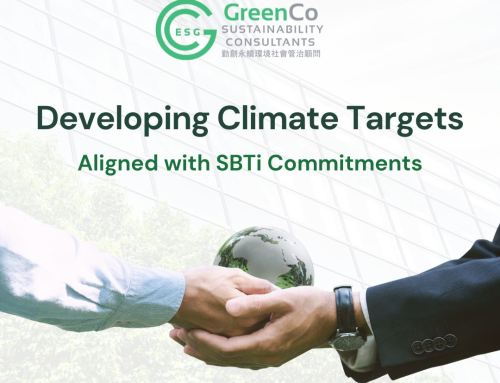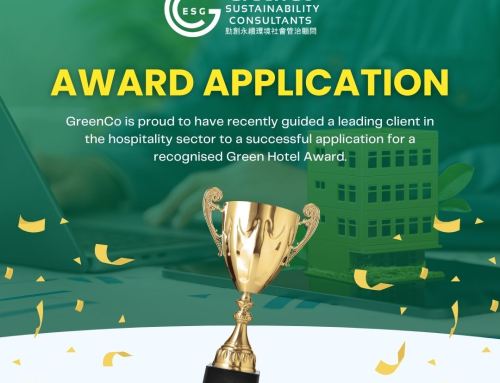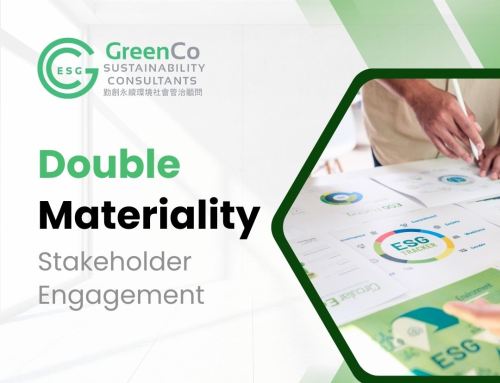GHG Protocol’s Latest Update
The Greenhouse Gas Protocol (“GHG Protocol”) is undertaking a major revision of its corporate standards, including the Scope 2 Guidance (originally released in 2015). These updates aim to further enhance the accuracy, comparability, and credibility of Scope 2 emissions accounting and reporting.
Key Proposed Changes
1. Location-based and Market-based Method Updates
The revised Scope 2 Guidance introduces a new emission factor hierarchy for the location-based method, aiming to improve temporal and regional accuracy while maintaining flexibility. For the market-based method, the revisions enhance the credibility of clean energy claims by requiring hourly and geographic matching, but hourly matching is only required when companies are making voluntary clean energy claims. To support implementation, the draft includes exemptions for smaller organisations, a legacy clause for long-term contracts, and permits estimated hourly data.
2. Consequential Accounting: Marginal Emissions Impact
The GHG Protocol had proposed a new Marginal Emissions Impact to quantify the net system-wide emissions impact of electricity consumption and procurement. While the Independent Standards Board (ISB) decided not to incorporate Marginal Emissions Impact into the current Scope 2 consultation, it recognised its value in assessing avoided emissions. The method will now be further developed under the Actions and Market Instruments Technical Working Group.
The final publication of the full revised Scope 2 Standard is expected to be published at the end of 2027, and all new requirements will be phased in over time, giving companies and data providers time to prepare and adapt.
Implications for Companies
These forthcoming changes signal a shift toward more rigorous, transparent, and meaningful Scope 2 emissions reporting. Companies will no longer be able to claim zero emissions by simply purchasing unbundled renewable energy certificates (RECs) or off-site renewables that lack time and location relevance. Instead, there will be growing expectations for real-time, regionally matched procurement strategies—such as localised Power Purchase Agreements or on-site renewable generation.
How GreenCo Can Support Your Transition
At GreenCo, we support businesses in navigating these changes and strengthening their clean energy strategies. We help you:
- Establish data collection system and dashboard to monitor corporate energy consumption
- Quantify avoided emissions to support broader climate claims
- Build credible reporting systems that meet evolving standards and stakeholder expectations
We will continue to monitor the latest developments of the GHG Protocol and provide you with in-depth analysis to support your climate leadership journey.
**For more detailed information, please visit here.
About GreenCo
GreenCo is a professional ESG advisory firm accredited with ISO 9001 in the Provision of ESG/Sustainability Reporting, Sustainability and Climate Disclosures and GHG Accounting Advisory Services. Established in 2016, we were born to tackle ESG and climate risk management challenges. GreenCo has a professional team consists of talents with multiple backgrounds with
- PhD
- Practitioner Member of the Institute of Sustainability and Environmental Professionals (ISEP)
- CFA (the CFA Institute) and Certificate in ESG Investing
- EFFAS Certified ESG Analyst (CESGA)
- GRI Certified Sustainability Professional
- Certified Public Accountant (for assurance in accordance with ISAE 3000)
- Member of Global Association of Risk Professionals
- Master’s degree in envirnomental science
GreenCo has solid track record in ESG advisory for over 60 listed companies in Hong Kong, Mainland China, Singapore and Korea, covering all industries under the Hang Seng Industry Classification System.








